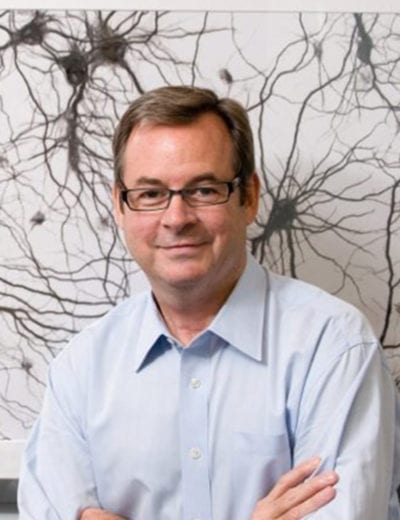

- The Basics of Alzheimer’s Disease
- Types of Dementia
- Pathology of Alzheimer’s Disease
- Stages and Symptoms of Alzheimer’s Disease
- Risk Factors for Alzheimer’s Disease
- The Genetics of Alzheimer’s Disease
- Diagnostic Tools for Alzheimer’s Disease
- Existing Treatments and Drugs for Alzheimer’s Disease
- Statistics and Costs
- Better Your Brain
- The Research
- About Us
- Giving
- News and Events
- Events
- Webinars
- Interviews
- Press
- Videos
- Newsletter
- December 2024: Your Generosity
- December 2024
- December 2024: Ways to Donate
- November 2024
- July 2024
- June 2024
- March 2024
- November 2023
- July 2023
- February 2023
- June 2022
- December 2022
- December 2021
- July 2021
- Fall 2020
- March 2020
- November 2019
- October 2019
- July 2019
- March 2019
- January 2019
- December 2018
- November 2018
- Blog
- Awareness
- Contact
